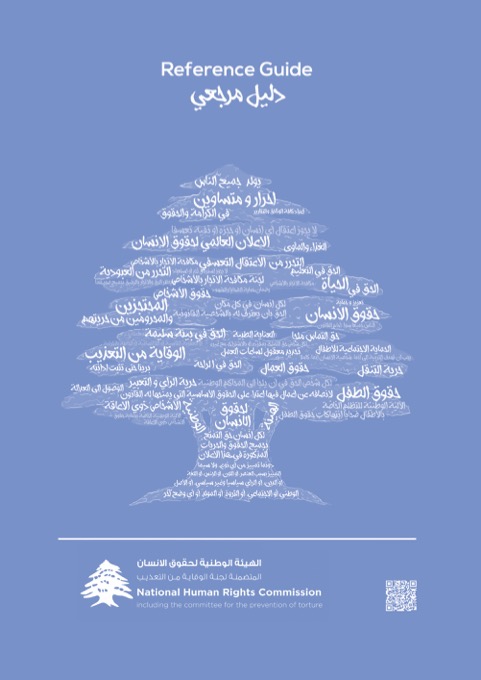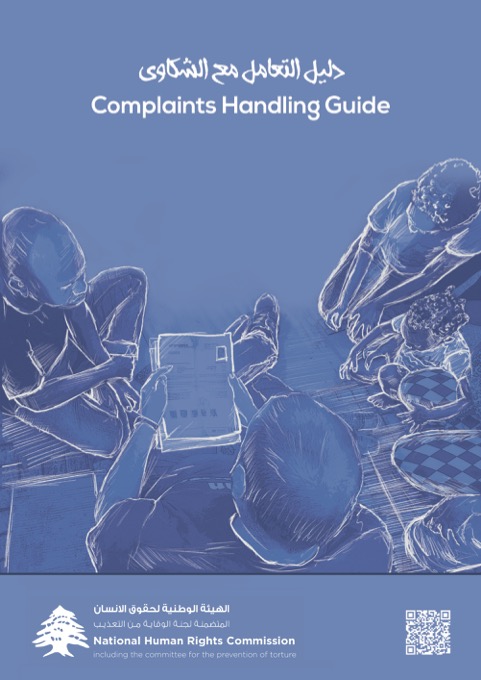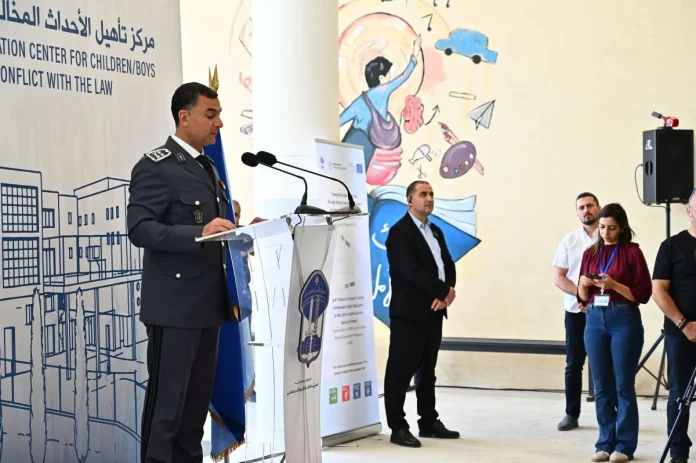In a landmark moment for Lebanon’s juvenile justice system, the country’s first rehabilitation center dedicated to minors has officially opened its doors in Baabda, a suburb of Beirut, marking the end of a 25-year wait since the initiative was first proposed.
Inaugurated on May 28, 2025, in the presence of Interior Minister Ahmad Hajjar and senior security officials, the center is set to receive up to 150 minors aged 16 to 18. These youths were previously held in the notoriously overcrowded Roumieh prison, Lebanon’s largest detention facility, in conditions that fell far short of international standards.
A Long-Awaited Project
The journey to this milestone began in 1999 when then-Minister of Justice Bahige Tabbara partnered with the United Nations Office on Drugs and Crime (UNODC) to launch a rehabilitation-focused facility for children in conflict with the law. Originally planned for Baasir in the Chouf region with backing from the late Prime Minister Rafic Hariri, the project was shelved for years due to political and logistical setbacks.
It wasn’t until 2020 that momentum resumed, when former Director of Internal Security Forces (ISF) Imad Osman identified a former ISF barracks in Ouarouar, Baabda, as a suitable location. The site was renovated and expanded to meet international standards, featuring classrooms in collaboration with Lebanese Alternative Learning, and a separation system that reflects the stage of rehabilitation of each youth.
Education and Dignity at the Core
“This center is not just a building; it’s a transformative space where rehabilitation replaces punishment,” said Minister Hajjar during the ceremony. “We believe in restorative justice and in supporting the psychological, educational, and social reintegration of these young individuals. Every youth deserves a second chance.”
Some ISF personnel have undergone specialized training to supervise minors in a way that prioritizes care over control. The facility includes dedicated educational spaces where youths can attend online classes and receive psychosocial support, aiming to reduce recidivism and empower reintegration into society.
Funded by the European Union
The €4 million project was made possible through funding from the European Union. EU Ambassador Sandra De Waele, who attended the inauguration, emphasized the EU’s commitment to human rights and judicial reform in Lebanon.
“This center offers a protective environment that supports the mental, emotional, and physical wellbeing of children. It benefits not only the youth but Lebanese society as a whole,” she said.
Addressing Roumieh’s Harsh Conditions
Until now, minors accused of crimes were confined to a separate wing within the Roumieh prison complex. However, they were still subject to the same restrictive conditions imposed on adult inmates, including lockdowns and visitation bans during periods of unrest. According to sources familiar with the situation, this exposed minors to trauma and failed to meet the standards outlined in the UN Convention on the Rights of the Child, ratified by Lebanon in 1993.
General Raed Abdallah, Director-General of the ISF, acknowledged the dire state of Roumieh, particularly for young detainees. “We do not deny that the prison has become increasingly difficult due to overcrowding and conditions unsuitable for minors. We hope this project will serve as a model for broader prison reform in Lebanon,” he said.
A Step Toward Broader Reform?
The launch of the Baabda rehabilitation center coincides with the reopening of the courtroom facility at Roumieh prison, part of a broader effort to decongest Lebanon’s overburdened prisons and expedite the trials of pre-trial detainees.
Though much work remains to be done, the new center represents a critical shift in Lebanon’s approach to juvenile justice—from punitive isolation to compassionate rehabilitation. For the young people who will soon cross its threshold, it may mark the beginning of a better path—and for the country, a new commitment to justice that heals rather than harms.
هذه المقالة متاحة أيضًا بـ: العربية (Arabic) Français (French)



